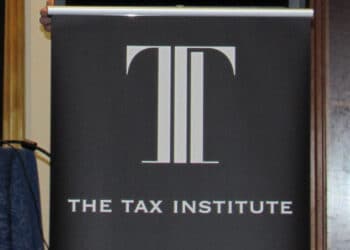In a budget submission, the Tax Institute explained that disruptions to businesses resulting from COVID-19 have affected a large number of employers, many of whom may wish to make disclosures under the amnesty but have had to redirect their resources to other priorities such as keeping their businesses afloat.
“Further, financial strain and cash-flow issues caused by such disruptions mean that businesses may not have immediately available funds to pay superannuation guarantee shortfalls, and the Victorian stage 4 restrictions are preventing access to vital payroll records and documents which are necessary to determine the amount of any SG shortfalls,” the submission stated.
Under the amnesty, eligible employers may disclose and pay unpaid SG shortfalls without penalty and may claim a tax deduction. However, once the amnesty expires, the repercussions for a failure to come forward and disclose historical non-compliance can be severe, the submission stated.
“The current rules discourage employers who are trying to do the right thing from admitting honest mistakes. Even minor errors, such as paying superannuation just one day late, are met with disproportionately onerous and draconian penalties,” the submission said.
“The severity of the Part 7 penalty alone has the capacity to drive businesses to insolvency, and directors’ personal liability is a further risk.”
Tax Institute senior advocate Robyn Jacobson said the penalties have the effect of actively discouraging employers to come forward.
“An employer who pays just one day late is treated the same as an employer who never pays super. This is why the amnesty has been so desperately needed,” she said.
“The fact that the penalties for non-compliance with the superannuation guarantee system are so onerous they can place an employer in an insolvent position forcing a liquidation, administration or bankruptcy is reason enough to allow more time to apply for the amnesty.”
The Tax Institute said it is calling on the government to grant the commissioner the discretion to reduce the Part 7 penalty imposed at the rate of 200 per cent to nil after the current amnesty deadline.
“The current law restricts the commissioner from remitting penalties below 100 per cent of the amount of the SG charge payable for employers who fail to disclose shortfalls during the amnesty period,” it stated.
“We consider that this discretion should be afforded to the commissioner, especially in the event that the amnesty is not extended, as a large number of employers will not be able to meet the deadline due to the effects of the COVID-19 pandemic.”


